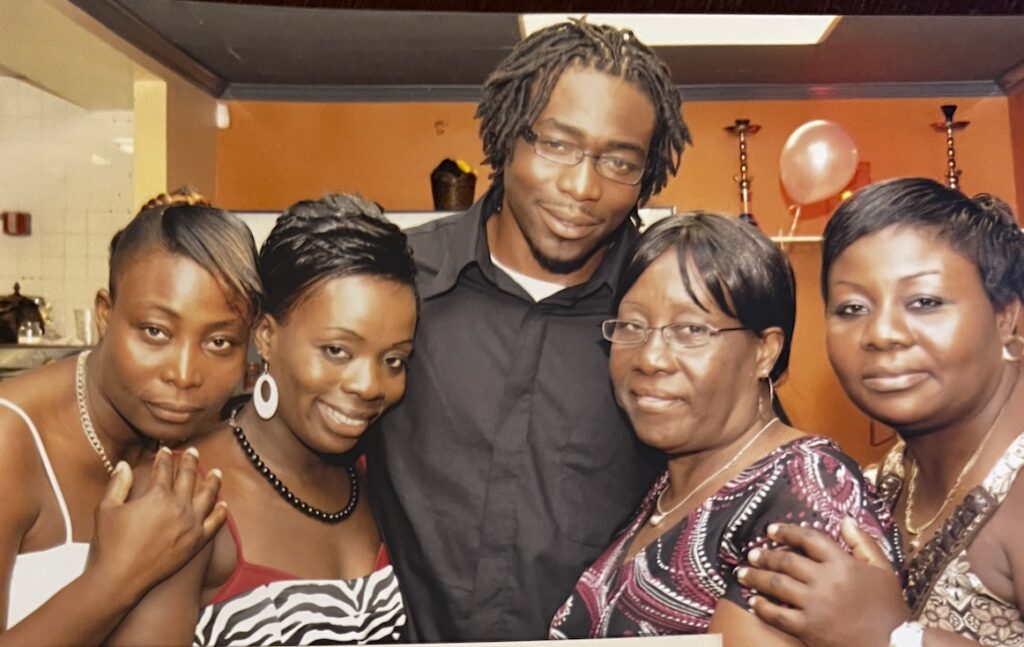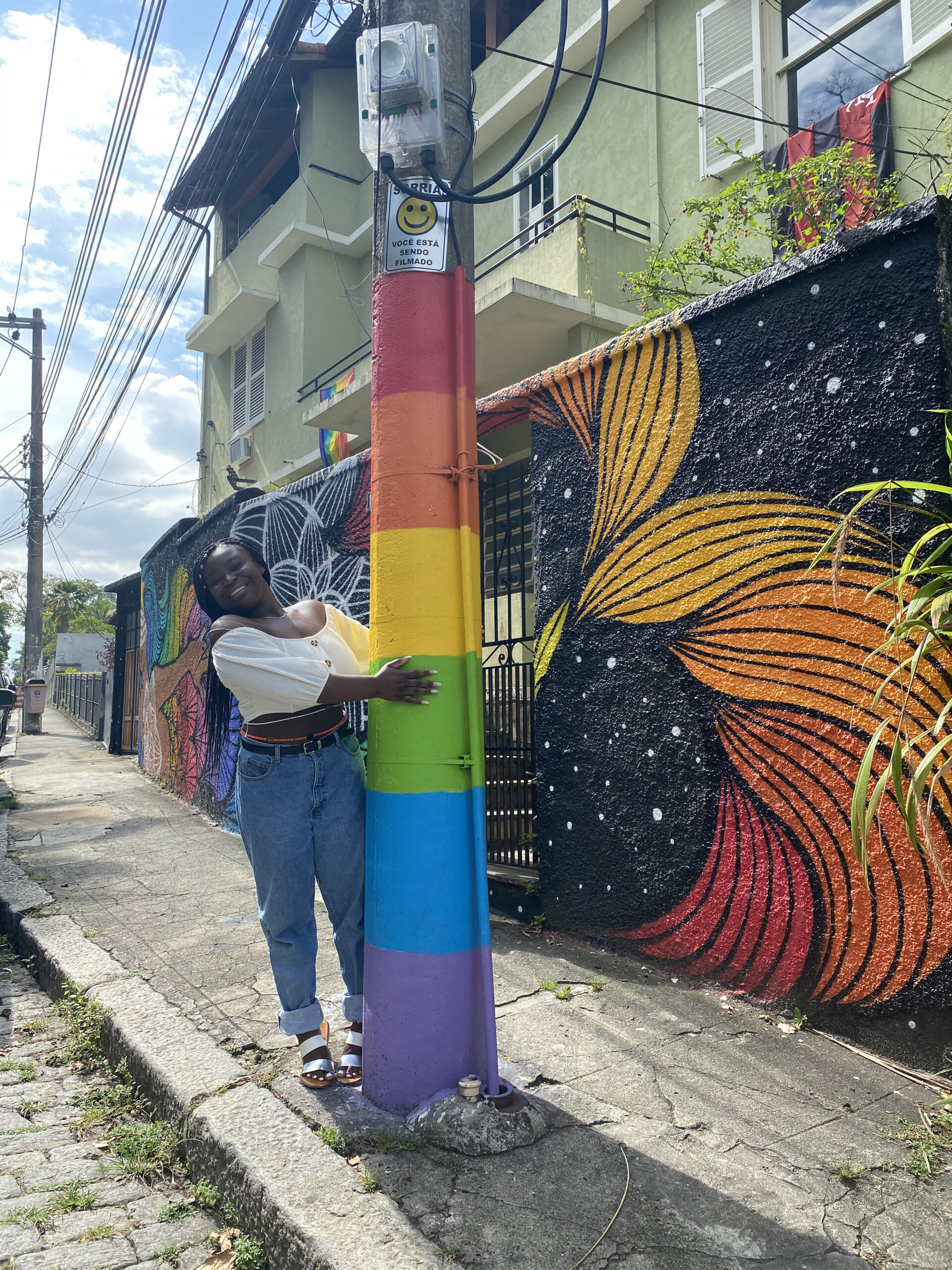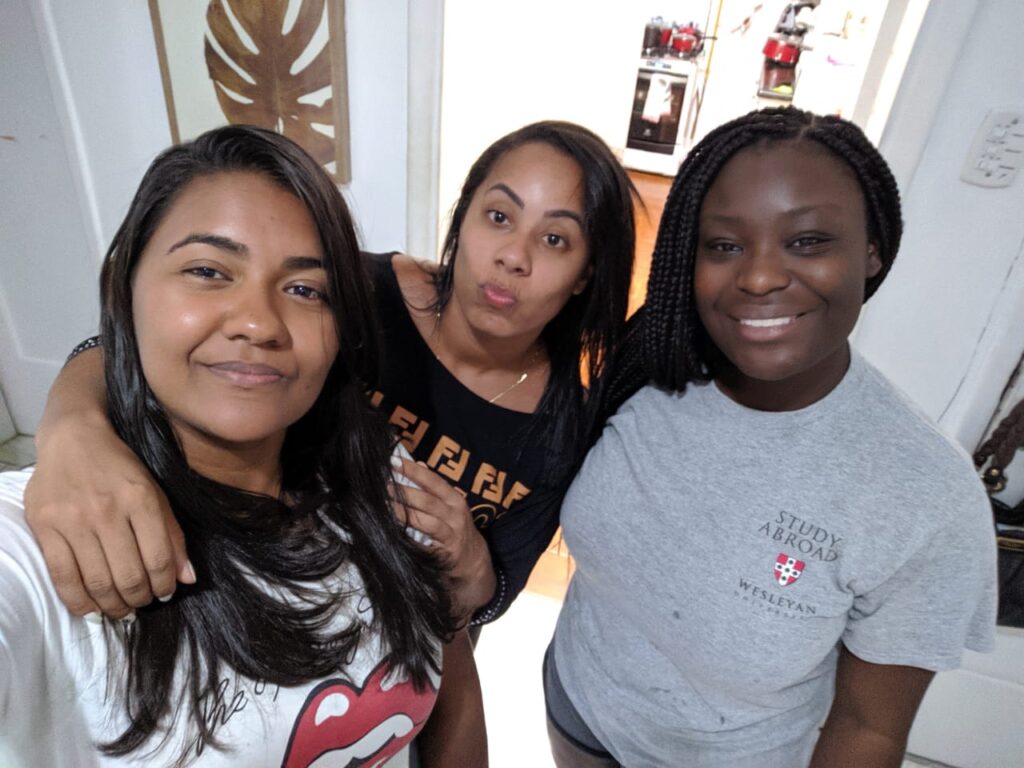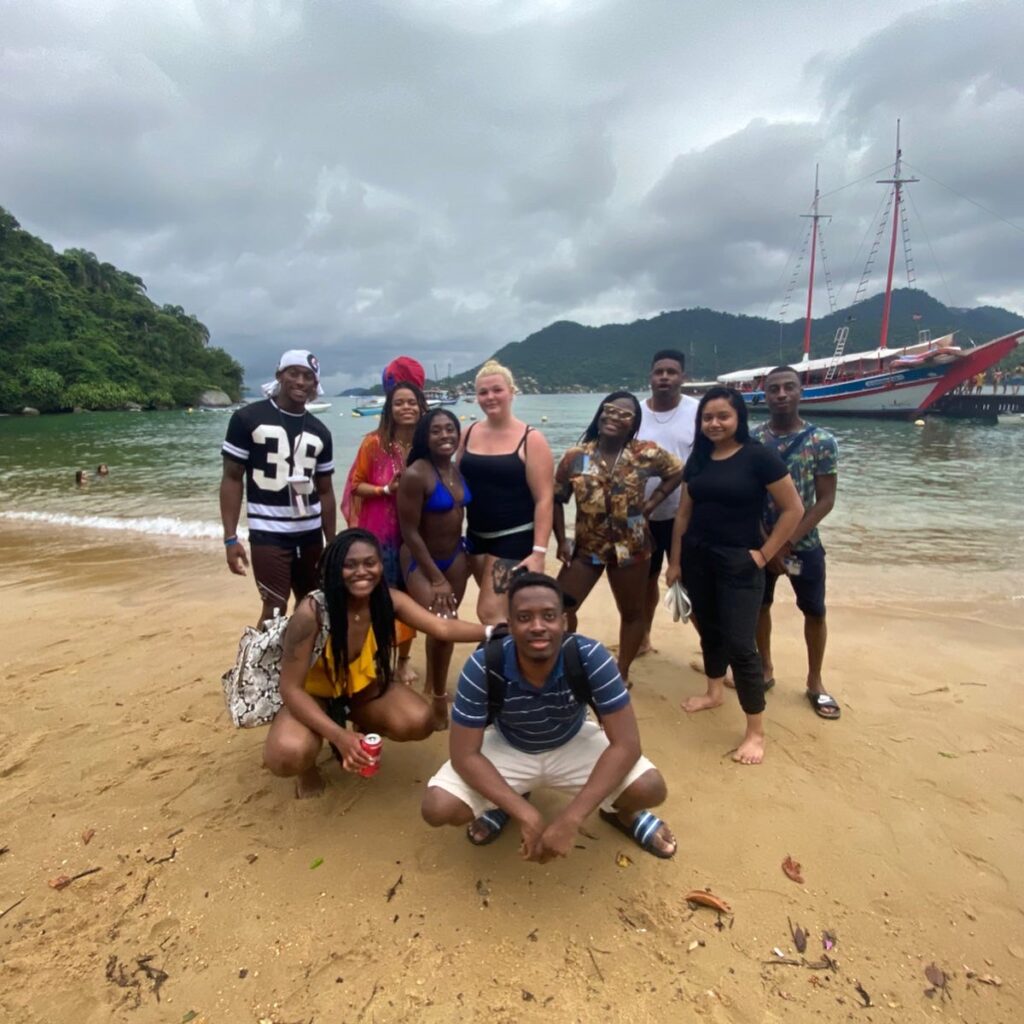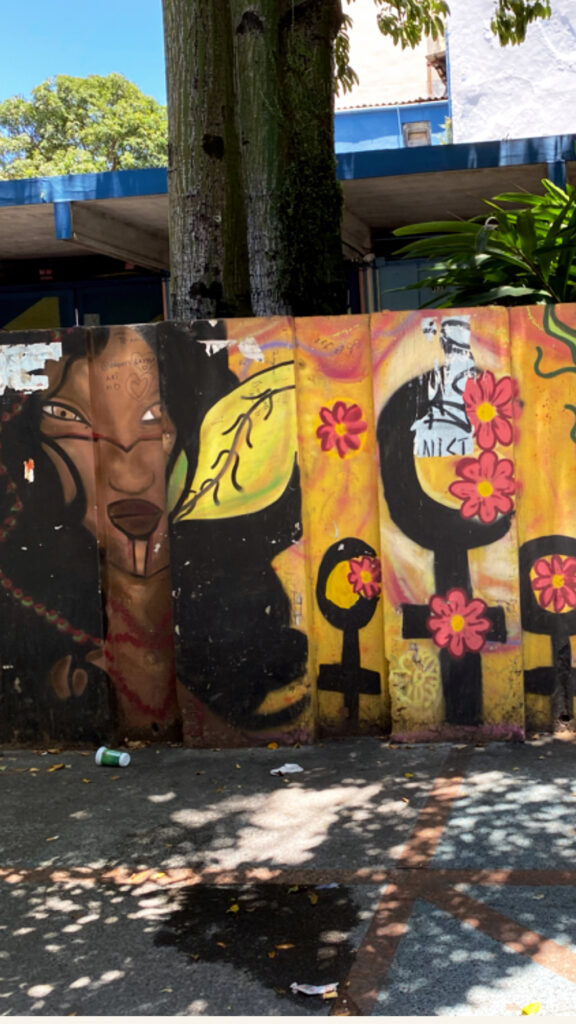I am the oldest of six siblings. I have 5 sisters and 1 brother named; Joanna, Tanisha , Vannessa, Ruthanne, Channa. Family plays an important role in the continuation of my education. My mother stressed college to me which is partly the reason why I decided to attend Wesleyan University. Attending college allowed me to be independent because my family is either in Boston or Florida- my parents are not in a commutable distance to my location.
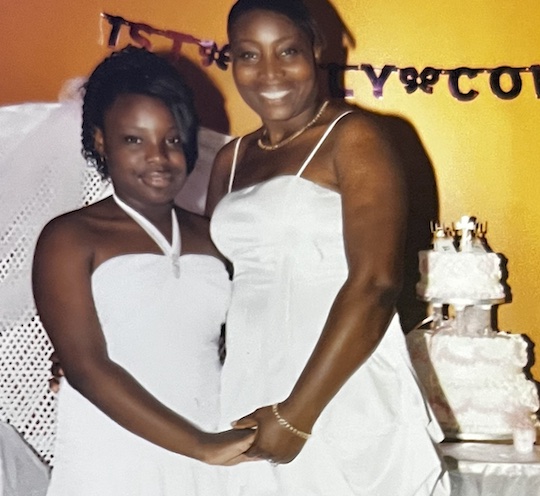
Both of my parents are of Haitian descent born and raised in Haiti. I am the first generation in my family to graduate from college. I believe I learned from this experience that it is important to be independent. Throughout my college years I’ve made genuine relationships with people in the community and university although I struggle to sustain those relationships.
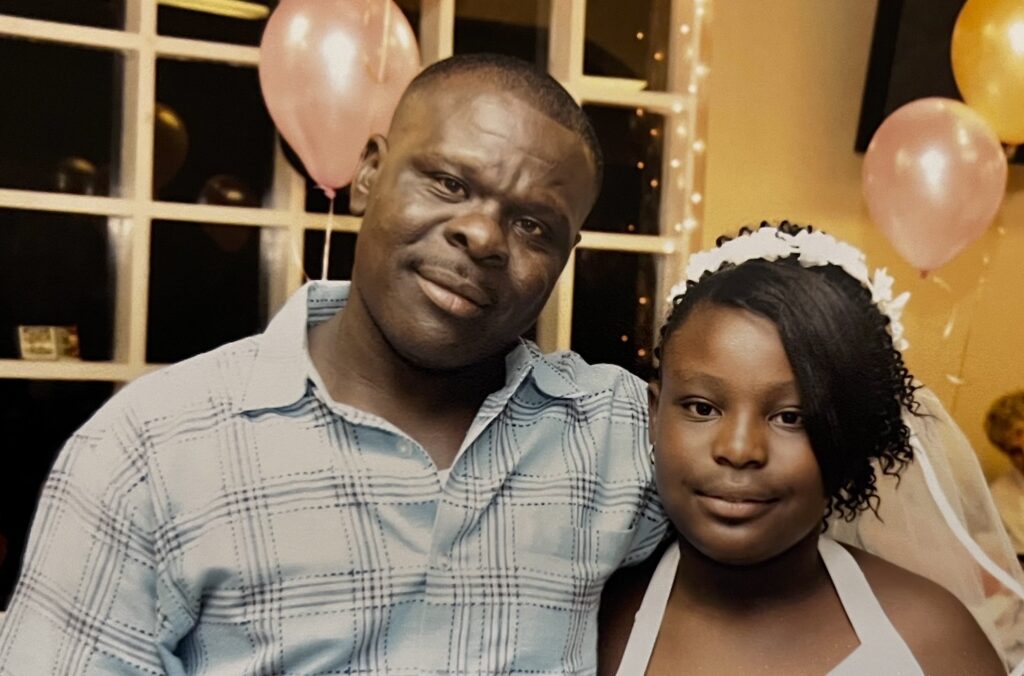
In the courses I’ve taken at Wesleyan I learned more about my haitian identity. Freshman year I enrolled in Histories of the Caribbean where we read primary source documents about The Common Wind- the communication of those enslaved through the sea, during the Haitian revolution, in the New World. In addition to other texts as it relates to Marxs and Engles in the Caribbean. The Caribbean courses offered by Wesleyan is one of the reasons why I decided to pursue a Liberal Arts education. In my time at Wesleyan I got the chance to work with Professor Elizabeth McAlister taking photos of Haitian art in the fall 2020. While working with Professor McAlister, I learned about different modern artists and the materials used to make Haitian art. For example, the image above is of a Haitian artist. October 7th 2019 I got the chance to met artists from a haitian band RAM. Overall, attending Welseyan allowed me to explore my identity.
